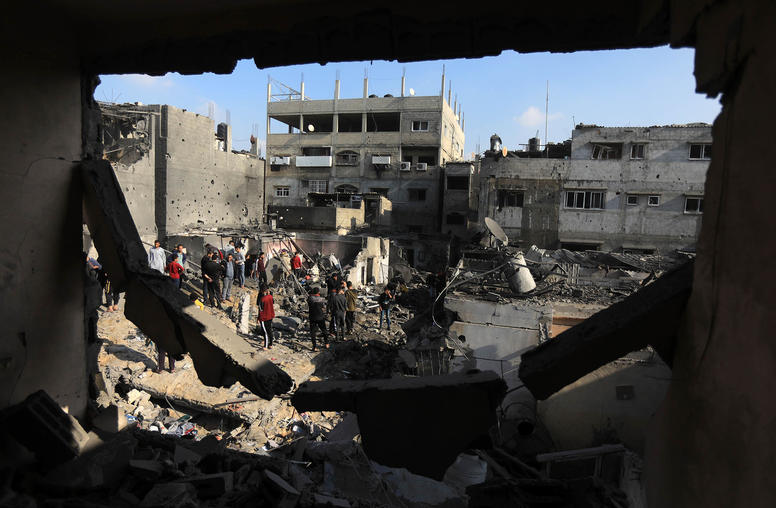Generals in the Cabinet Room: How the Military Shapes Israeli Policy
Public Event/Book Launch
The war in Lebanon has cast an intense spotlight on the Israeli military and its role in determining Israeli foreign and defense policy.
The Israeli Defense Forces’ (IDF) conduct and management of the war have come under increasing scrutiny. What role did the IDF play in the decision to go to war? Does the military exert too much influence over political leaders?
Generals in the Cabinet Room: How the Military Shapes Israeli Policy, by former USIP Senior Fellow Yoram Peri, was released shortly before the war to strong reviews. Generals traces the IDF's increasing influence over Israeli foreign and defense policy. The book argues that the military was a critical supporter of Israeli peace initiatives in the 1990s—only to later push for war against the Palestinians when the Oslo process collapsed.
At this event, Dr. Peri will discuss the book in light of the war between Israel and Hezbollah. Ambassador Martin Indyk, director of the Saban Center at Brookings, will comment on the book and the recent war in Lebanon. Ambassador Samuel Lewis, former President of the U.S. Institute of Peace and former U.S. Ambassador to Israel, will also comment and serve as the moderator.
The book will be available for purchase at the event. You can also purchase the book through our online bookstore.
Speakers
- Dr. Yoram Peri
Chair, The Chaim Herzog Institute for Media, Politics and Society, Tel Aviv University | Former USIP Senior Fellow (2001-02) - Ambassador Martin Indyk
Director, Saban Center for Middle East Policy, Brookings Institution - Ambassador Samuel Lewis, Moderator
Former President, U.S. Institute of Peace and former U.S. Ambassador to Israel




